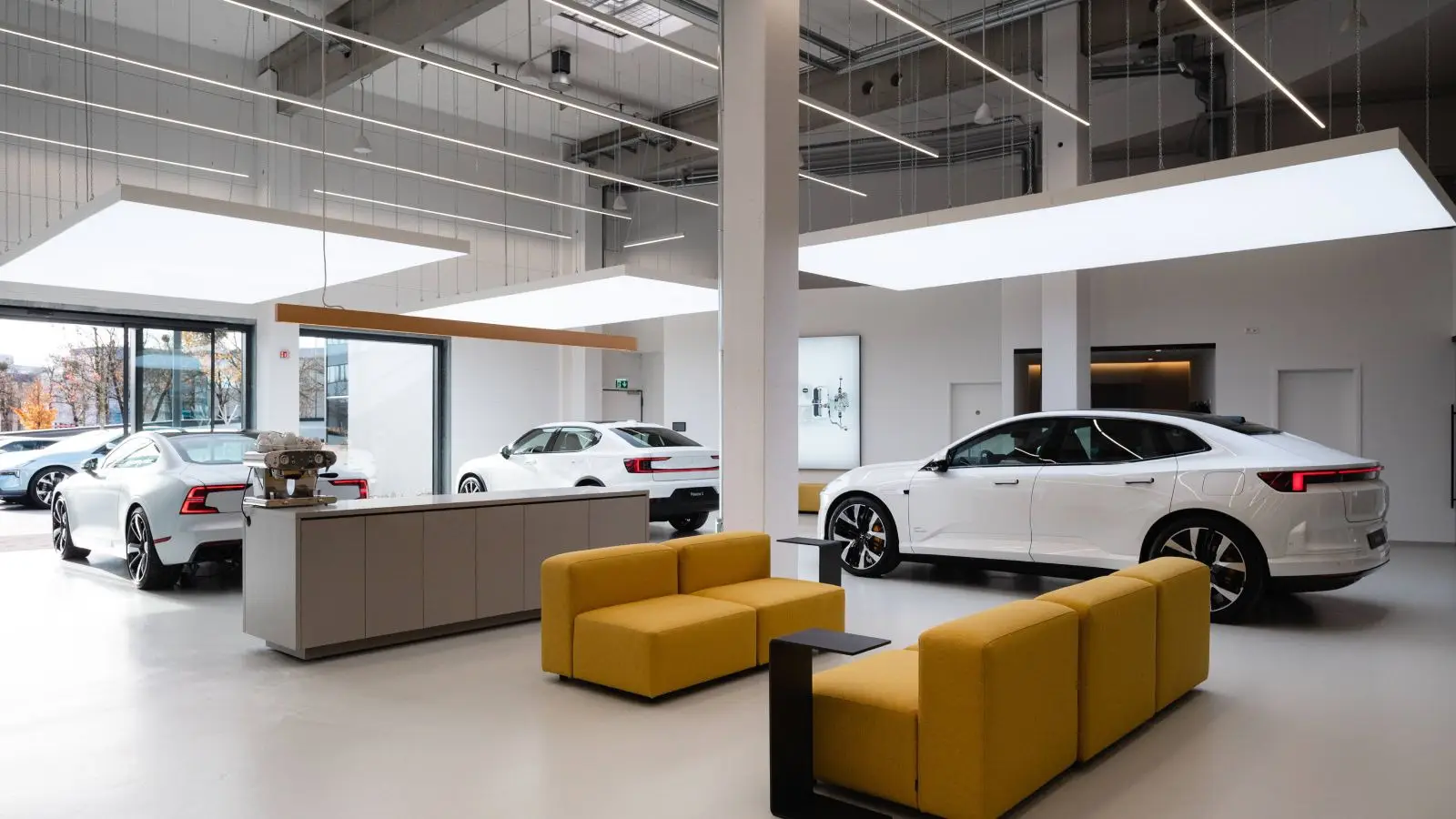Polestar strengthens its retail network in Munich and Karlsruhe

Polestar expands its South Germany network with new Munich and Karlsruhe sites, as reported by the company, offering updated retail spaces.
Chinese regulators have proposed an unusual safety measure that could reshape how modern cars behave on public roads. A new draft of national standards, prepared by the Ministry of Public Security, would require every passenger vehicle to start in a deliberately limited mode, taking no less than five seconds to reach 100 km/h. Only after selecting a different setting could the driver unlock the car’s full performance potential.
The proposal comes at a time when production electric cars have become remarkably powerful. In recent years, Chinese manufacturers have continuously outpaced one another in acceleration figures, pushing performance numbers once reserved for expensive sports cars like those from Porsche into the territory of mainstream models from Xiaomi or Nio. Against this backdrop, regulators argue that effortless and extremely rapid acceleration can create opportunities for driver mistakes and unintended surges in speed.
Although the measure applies to all powertrains, it is clearly aimed at EVs and plug-in hybrids. Beyond the default acceleration limit, the draft requires vehicles to incorporate technology that can suppress pedal misapplication: if the car is stationary or moving slowly, it must detect incorrect pedal input, limit power delivery, and warn the driver with both audible and visual signals. In certain crash conditions—such as abrupt changes in speed or airbag deployment—electric vehicles must also automatically disconnect their high-voltage circuits.
The document adds further requirements for battery safety. Cars must feature pressure-relief channels that direct hot gases away from the passenger cabin, as well as monitoring systems capable of recognising abnormal cell behaviour and alerting occupants at the earliest signs of a thermal event. These ideas align with other rules already in place or under development in China, including restrictions on one-pedal driving, stricter standards for high-voltage batteries, and ongoing efforts to regulate driver-assistance systems.
German automotive media note that the proposal does not ban high performance outright. Instead, it ensures that powerful acceleration becomes a conscious choice. Models such as the Nio ET5 already demonstrate how software can temper or intensify acceleration—from around four seconds to nearly eight depending on the selected mode—so the proposed rule would formalise a trend already visible in the market.
Although the draft is still open for public consultation, its potential impact is hard to ignore. Should the measure prove effective at reducing driver errors and accidents, similar ideas may appear beyond China as well. For now, the initiative underlines a broader global shift: the more capable electric vehicles become, the more carefully regulators examine how that performance is delivered—and how safely drivers can control it.
Mark Havelin
2025, Nov 15 23:42


